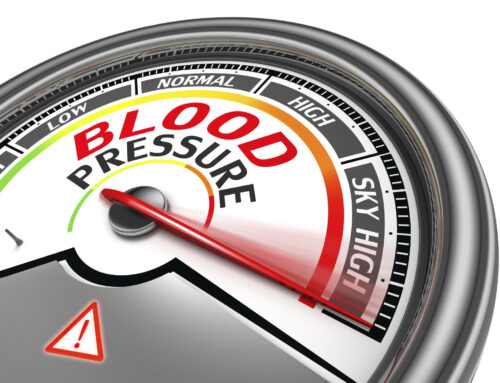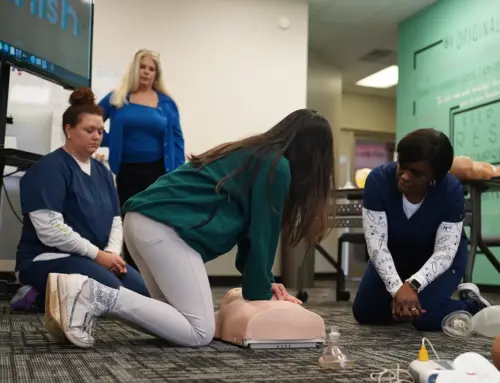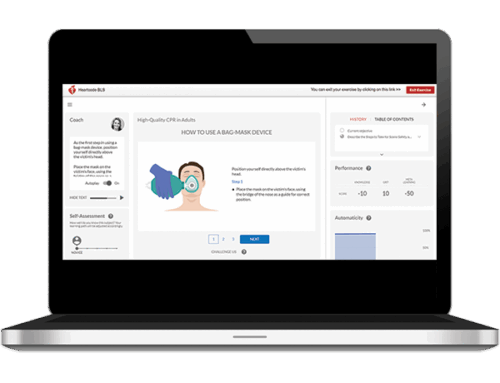The role of ACLS in sedation dentistry: improving patient safety
Patients who feel anxious or uncomfortable during dental operations increasingly choose sedation dentistry. Sedation can make patients more comfortable and tolerate painful or drawn-out procedures, whether minor treatments or more involved surgery. However, there are risks associated with giving sedation, especially when it comes to cardiovascular and respiratory health. Advanced Cardiovascular Life Support (ACLS) is critical to ensure patient safety.
A specific certification program called ACLS (Advanced Cardiovascular Life Support) gives medical professionals the know-how to handle cardiac and respiratory crises, such as cardiac arrest, arrhythmias, and airway management. An ACLS-trained dentist and team can be the difference between life and death in sedation dentistry situations.
Handling Sedation-Related Complications: Opioids and benzodiazepines are examples of sedatives that can depress the central nervous system, which may result in cardiovascular problems or respiratory distress. Certain patients, such as those with pre-existing diseases like hypertension or heart disease, may be more prone to issues, even if these risks are generally modest in healthy persons. Dental practitioners who receive ACLS training are more equipped to spot sedation-related problems early on, such as irregular heart rhythms or low oxygen levels, and to intervene quickly.
While under anesthesia, cardiac arrest is an uncommon but dangerous possibility. Dental teams can do superior CPR, distribute life-saving drugs, and provide early defibrillation with the help of ACLS training. Reacting fast minimizes the risk of irreversible harm and dramatically raises the likelihood of survival.
Monitoring and Emergency Readiness:
Dentists with ACLS training are more qualified to monitor patients’ vital signs and recognize any slight variations that might indicate a decline in their health. Additionally, sedation dentistry clinics adhering to ACLS procedures will keep emergency supplies like oxygen, medicines, and AEDs (automated external defibrillators) on standby to handle any problems as soon as they arise.
Patients’ confidence in the procedure’s safety increases when they know that their dental team is ACLS-certified. Knowing that the dental team is equipped to handle situations with the utmost care, even in the unlikely event of an emergency, gives them comfort.Finally, ACLS is critical to sedation dentistry because it guarantees dental teams are ready for emergencies and protects patients’ health throughout procedures.
- Charlotte
- Rock Hill
- Gastonia
- Concord
- Cornelius
- Monroe
- Harrisburg
- Matthews
- Mint Hill
- Fort Mill
- Indian Land
- Kannapolis
- Belmont
- Wilmington
- Jacksonville
- Shallotte
- Carolina Beach
- Surf City
- Hampstead
- Sneads Ferry
- Leland
- Southport
- Greensboro
- High Point
- Hickory
- Columbia
- Florence
- Myrtle Beach
- North Myrtle Beach
- Surfside Beach
- Myrrells Inlet
- Conway
- Ocean Isle Beach






Leave A Comment